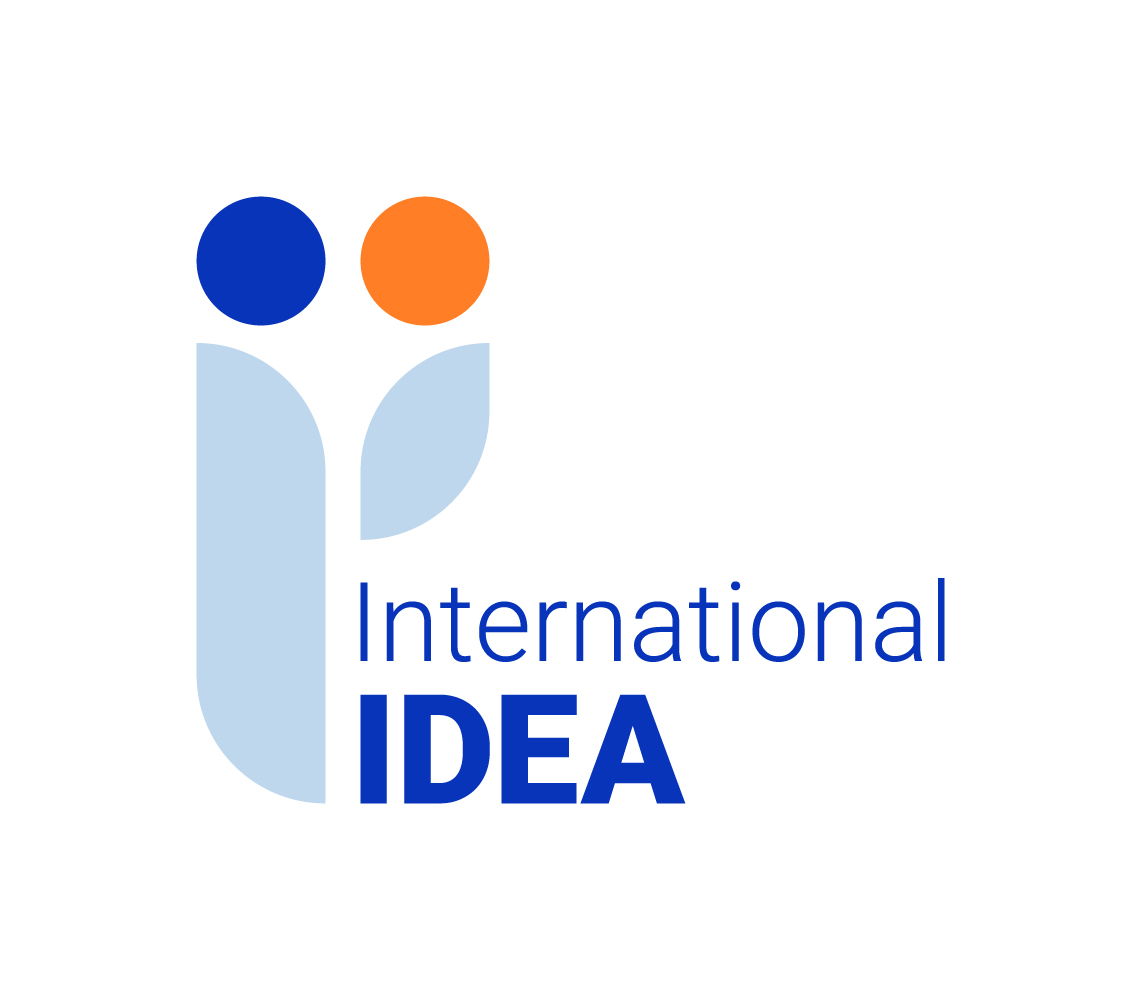Socio-economic rights provide protection for the dignity, freedom and well-being of individuals by guaranteeing state-supported entitlements to education, public health care, housing, a living wage, decent working conditions and other social goods.
Search
Region
Country
Type
Constitutions typically regulate the relationship between religious and state authorities. They may establish a connection between the state and a particular religion or religions, recognizing a religion or giving its laws or institutions a privileged place in the legal-political system. Others declare the secularity of the state or its neutrality from religions.
A constitutional monarch in a parliamentary democracy is a hereditary symbolic head of state (who may be an emperor, king or queen, prince or duke) who mainly performs a representative and civic role but does not exercise executive or policymaking power.
A non-executive president is a symbolic leader of a state who performs a representative and civic role but does not exercise executive or policymaking power. A non-executive president may, nevertheless, possess and exercise some discretionary powers of extraordinary political intervention as a constitutional arbiter or guarantor.
This Primer covers the rules governing the tenure, immunity, discipline and removal of judges in constitutional democracies. In particular, it discusses various attempts to balance the need for judicial independence and neutrality to be balanced against judicial responsiveness and accountability.
This Primer covers the systems used for appointing judges in constitutional democracies. Various commonly used systems of appointment are discussed, including career judiciaries, appointment by an independent commission and appointment by the representative or cooperative interaction of legislative and executive branches.
Direct democracy describes those rules, institutions and processes that enable the public to vote directly on a proposed constitutional amendment, law, treaty or policy decision. The most important forms of direct democracy covered in this Primer are referendums and initiatives.
A bicameral parliament or legislature is one in which two assemblies share legislative power. Legislatures with two chambers can represent sub-national governments, act as a body of expert scrutiny and review, provide a further democratic check on the power of the lower house, and provide representation for various socio-economic interests or ethno-cultural minorities.
The vast majority of contemporary constitutions describe the basic principles of the state, the structures and processes of government and the fundamental rights of citizens in a higher law that cannot be unilaterally changed by an ordinary legislative act. This higher law is usually referred to as a constitution.
Gender quotas are numerical targets that stipulate the number or percentage of women that must be included in a candidate list or the number of seats to be allocated to women in a legislature. They aim to reverse discrimination in law and practice and to level the playing field for women and men in politics.
The Model Curriculum for the Master of Arts in Electoral Policy and Administration (MEPA) offers a comprehensive one-year programme for election professionals designed to equip its graduates with solid knowledge and ability to handle complex professional challenges.
International IDEA is a strong advocate for the inclusion of democracy both as a goal in its own right and as an enabler in the post-2015 Development Agenda, and is hosting an Inter-Regional Dialogue on Democracy (IRDD) workshop on 17–18 June to encourage inter-regional discussion and knowledge sharing on this issue.
Regional organizations have made significant progress in promoting democratic norms. In the Americas, the Inter-American Democratic Charter (IADC), enacted by the Organization of American States (OAS), is a clear manifestation of Member States' formal commitment to defend democratic principles and ideals.
Politicians tied to a set of policies provide people with actual choices.
They attract like-minded activists, campaign in more focused ways, and build an attractive party label. Last but not least, they are more likely to succeed in public office.
Political parties in many countries are struggling to shift from personality-based or clientelistic-focused approaches—to more programme-based strategies as they reach out to voters.
A political party that embraces a clear set of policies or programme to reach out to citizens is more likely to listen, reflect and address citizens’ views. How does such a programmatic party come about?
International parliamentary institutions (IPIs) are seen as a valid response to the democratic challenges posed by globalization and regional integration.
“Media, civil society and electoral observers” was one of the topics addressed in a 5-day conference, organized by the Electoral Commission (EC) and United Nations Development Programme (UNDP) Joint Task Force on Electoral Assistance, held at the Dead Sea in Jordan, on 7–11 April 2014.
Stockholm, 3 April 2014 -- The International Institute for Democracy and Electoral Assistance (International IDEA) is pleased to announce Yves Leterme as the Institute’s new Secretary-General. Leterme will take up his duties at the Institute in Stockholm in June 2014.
Since December 2011, Yves Leterme has served as Deputy Secretary General of the Organisation for Economic Cooperation and Development (OECD).
Sponsors: International IDEA; Electoral Integrity Project (EIP; Harvard University & University of Sydney)
Award Committee: Annette Fath-Lihic (International IDEA), Jørgen Elklit (Aarhus University and University of Cape Town), and Richard Frank (University of Sydney)
This Guide is intended to inform electoral management bodies (EMBs) about the ways in which social media can be used to increase the participation of the electorate, boost communication, engage all members of the community, and improve transparency and trust throughout the electoral cycle.

